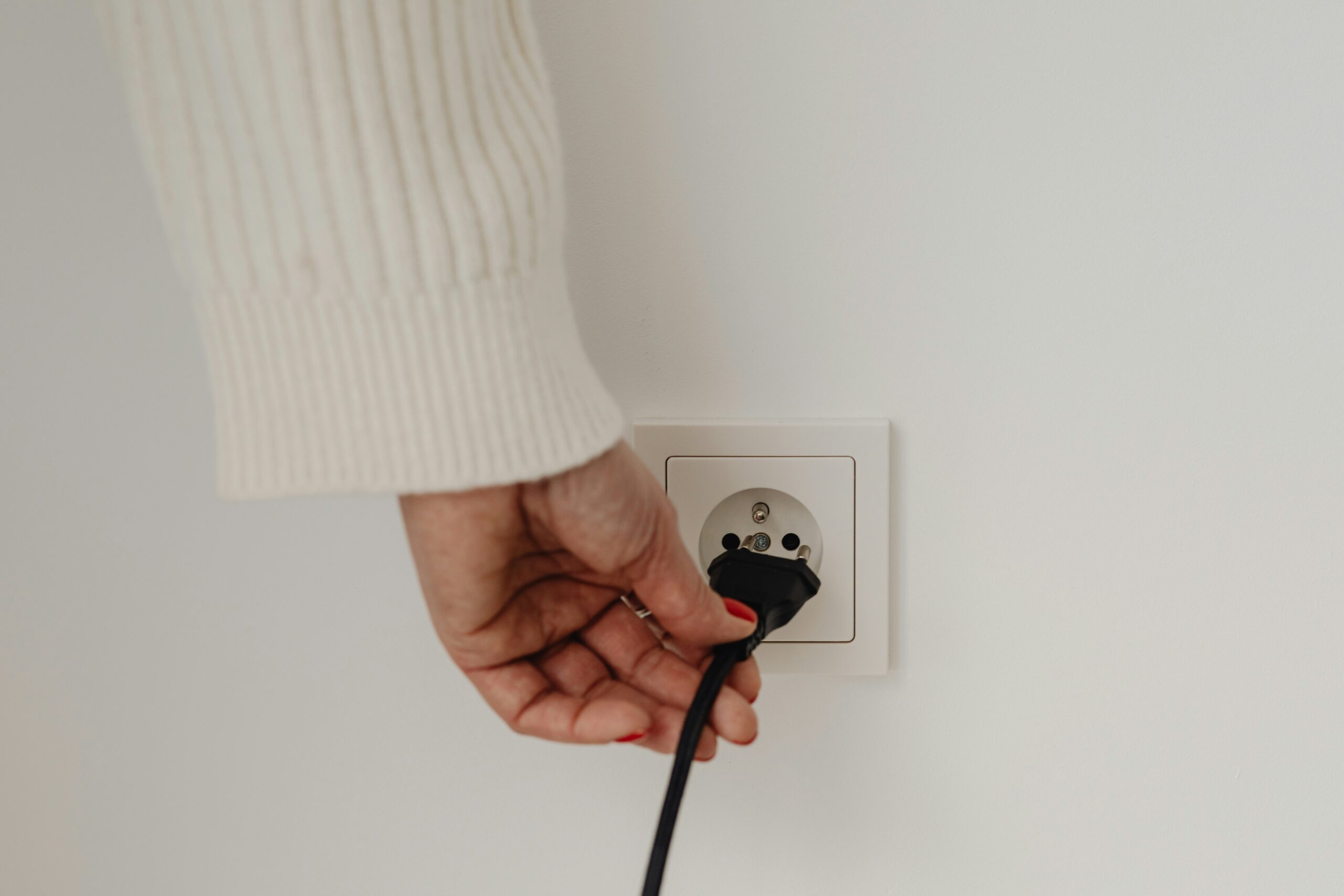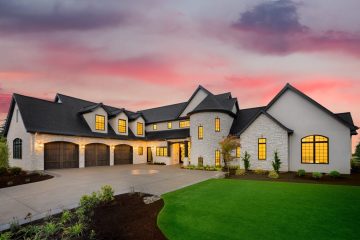As a renter, you might feel like you have limited control over your living space, especially when it comes to energy efficiency. You can’t replace old windows, upgrade insulation, or install solar panels, but that doesn’t mean you’re powerless. With a few simple changes, such as finding an affordable electric company or understanding what is ccf on gas bill, you can reduce your energy consumption, lower your utility bills, and even contribute to a more sustainable environment—all without breaking the bank.
1. Harness the Power of Natural Light
One of the easiest ways to cut down on energy use is to rely more on natural light. During the day, open your curtains and blinds to let sunlight brighten your rooms. Not only does this reduce your need for artificial lighting, but it can also help warm up your space during cooler months.
- Tip: If privacy is a concern, consider using sheer curtains that allow light in while maintaining a level of privacy.
2. Switch to LED Bulbs
If your rental still has incandescent or CFL bulbs, it’s time for an upgrade. LED bulbs use up to 80% less energy and last much longer than traditional bulbs. Plus, they come in various color temperatures, so you can choose the right ambiance for each room.
- Investment: LED bulbs may have a higher upfront cost, but they pay off in the long run with reduced energy bills and fewer replacements.
3. Unplug and Power Down
Even when turned off, many electronic devices continue to draw power—this is known as phantom or standby power. Combat this by unplugging devices when they’re not in use, or use power strips with an on/off switch to easily cut power to multiple devices at once.
- Tip: Focus on high-energy devices like gaming consoles, computers, and kitchen appliances. You can also invest in smart plugs that allow you to control devices remotely.
4. Adjust Your Thermostat
Heating and cooling account for a significant portion of energy use. If you have control over your thermostat, make sure it’s set to energy-saving temperatures. In the winter, aim for 68°F during the day and lower it at night. In the summer, set it to 78°F when you’re home and higher when you’re away.
- Tip: Use a programmable thermostat if possible, or manually adjust temperatures based on your daily schedule.
5. Seal Drafts and Leaks
Even in a rental, you can take steps to improve insulation. Drafts around windows and doors can lead to significant heat loss in winter and heat gain in summer, making your HVAC system work harder. Use weatherstripping, draft stoppers, or caulk to seal these gaps.
- Tip: If your landlord permits, you can also use removable window insulation film to reduce drafts further.
6. Use Energy-Efficient Appliances
While you might not have control over the appliances in your rental, you can still use them more efficiently. For example, wash clothes in cold water, air dry them when possible, and only run the dishwasher with a full load. If you have your own appliances, consider energy-efficient models when it’s time to replace them.
- Tip: Check for an ENERGY STAR rating when shopping for appliances; these models meet strict energy efficiency guidelines.
7. Maximize Your Curtains and Blinds
Curtains and blinds are not just for aesthetics—they can help you control the temperature inside your home. During hot summer days, close blinds or curtains to block out heat. In the winter, keep them open during the day to let in warmth and close them at night to retain it.
- Tip: Thermal curtains provide an extra layer of insulation, helping to keep your space comfortable year-round.
8. Optimize Your Water Heater
Water heating can be a major energy expense. If you have access to your water heater, set the temperature to 120°F to save energy while still providing hot water for daily needs. Additionally, consider using low-flow showerheads and faucet aerators to reduce hot water usage.
- Tip: If your water heater is in an accessible area, insulate it with a water heater blanket to improve efficiency.
9. Be Mindful of Your Cooking Habits
The kitchen is another area where you can make energy-efficient changes. Use the microwave or toaster oven for smaller meals instead of the full-sized oven, and cover pots and pans to reduce cooking time. Additionally, match the pot size to the burner to avoid wasting energy.
- Tip: Batch cooking can also save energy—preparing multiple meals at once reduces the frequency of using your oven or stove.
Final Thoughts
Being a renter doesn’t mean you’re stuck with high energy bills and an inefficient home. By making small, cost-effective changes, you can significantly reduce your energy consumption and contribute to a more sustainable lifestyle. Plus, these steps can lead to savings on your utility bills, making them a win-win for both your wallet and the environment.
Remember, energy efficiency isn’t just about big investments—it’s about making smarter choices every day. Whether you’re living in a cozy studio apartment or a spacious rental home, these tips can help you achieve energy efficiency on a budget.




